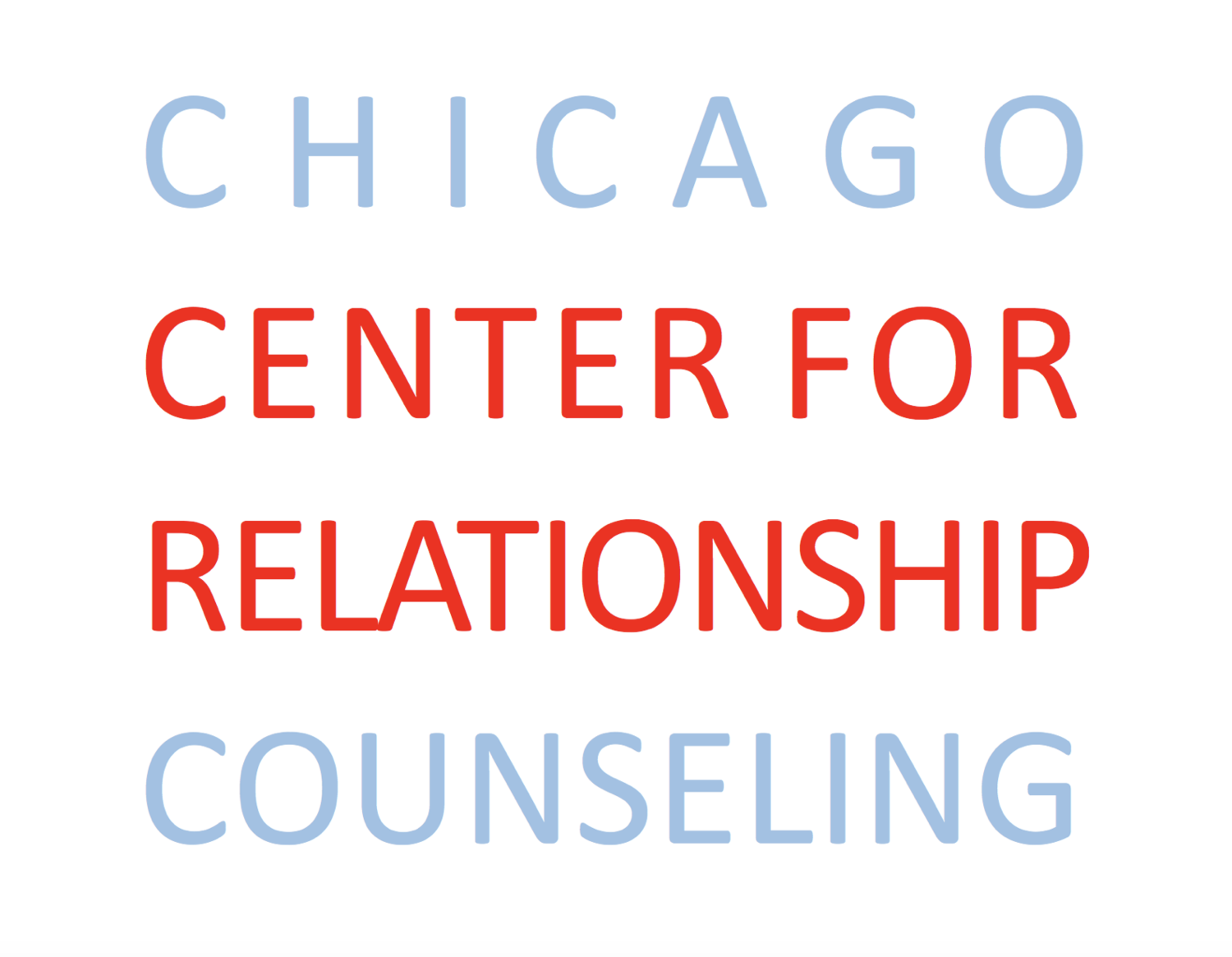Relationship Poker: The benefits of probabilistic thinking
Are you working on understanding your partner’s needs? Are you trying to be more attuned and connected with your partner? It may be helpful to think more about what will probably help rather than the exact right or wrong step to take.
Let me give an example. Your partner has asked you to be more emotionally present and connected when she’s expressing anger and sadness about her family. She wants you to connect to her and support her when she’s in this vulnerable state. But, she also doesn’t want to feel like she’s spoon-feeding you. She wants to feel like you are close enough to her to be able to anticipate what she needs “naturally”.
You’ve tried some different strategies in these moments. You want to meet her needs. You want her to feel connected to you and feel your closeness when she’s upset. But, you’ve also made mistakes in the past. You’ve offered problem solving advice, rather than just validating. You’ve tried to hug her when she wasn’t available for that, and been rejected. You’ve been preoccupied with your own problems and not been available at all. You’ve tried to tell her it will be ok, and invalidated her feelings. You’ve made a joke, and flopped. You’ve tried to use reflective listening, and come off as robotic or too intellectual.
Now, based on all your trial and error, you’re feeling like there is a right choice and a wrong choice. You can succeed or fail. And the result will determine if the strategy you used was right or wrong.
In her new book, Thinking in Bets: Making Smarter Decisions When You Don’t Have All the Facts, Annie Duke, psychologist, author, and poker champion, would call this “resulting,” and it’s a problem. “Resulting” is a natural tendency to use outcome success as our only measure of effective decision making. For our example it would go something like this: “I hugged her quietly and she felt soothed so hugging was the right decision.”
Duke proposes a more open model for decision making based on her years as a poker player. Poker is a game of skill and chance, or luck. It requires an understanding of probability and an acceptance of luck. And, it is a game that is played swiftly. Each hand takes about two minutes to conclude. There is a norm around this, and in competitive play players can “call the clock” if a player is deliberating too long. This allows the slow player 70 seconds to make up her mind.
We want to have control in our lives. We want a sense of sureness about the choices we make in any area of our life. We want to deliver on our partner’s needs, so we often seek the right answer when faced with a decision about how to respond. Duke explains that this gives us only two options- success or failure. And it may lead you to do nothing, which probably will equal a bad outcome.
She suggests thinking in a more probabilistic way. What are the odds that a hug will help right now? What are the odds that problem-solving will help right now? Or a joke? You don’t have all the information from your partner. You don’t know if she’s not in the mood for a hug, or if she wants reassurance rather than validation. (You can probably eliminate ignoring her or harshly judging her feelings as inappropriate.) She may not want you to ask her what she needs in a direct way, or maybe she does want that.
Sometimes luck may play a huge part in what feels supportive. Maybe a joke pops into your head that you can deliver with some amazing timing that will really shift the mood and feel supportive. But that kind of joke may only come around once every six months. Or maybe, by chance, you’ve just had a conversation with her brother and you can offer some insights he’s shared with you that will feel caring. We can’t control everything. Chance and luck are an undeniable part of life.
I think you should try to look at your options, knowing this won’t be your last opportunity to be a good partner, and quickly consider the probability of each path. Transparency during this process may be helpful: “Part of me wants to give you a hug and part of me wants to go get you a cup of tea. Would you like a hug?” This shows that you’ve got ideas. You’re not a robot. You are trying to anticipate her needs and make respectful space for her to own her needs. It opens up space for a discussion rather than a situation where failure is likely.
If you agree that this is a worthwhile way to support each other then you may start to feel more options open up and maybe some become stronger preferences. There can be space for shifting from one strategy to another if the first doesn’t feel right, or even a proposal for a third strategy that would really hit the mark. Your partner may respond, “ I don’t want a hug, I want you to just tell me I’m going to be ok.” And the effort and transparency may provide the emotional cushion that allows this negotiation to feel supportive.
When it comes to support, we rarely want or need the same response for every situation. And, good supportive responses may be ineffective depending on other factors. If you are sick with the flu you may not want a hug. Consider your options and weigh the probability of their success (quickly!) and make your choice. There are many ways to provide support. Don’t let your fear of failure keep you from trying. Place your bet, hopefully luck will be on your side!
Photo by Piotr Łohunko, https://www.pexels.com/photo/cards-poker-cards-poker-back-21827/





